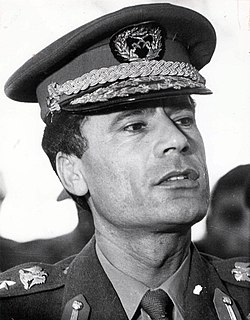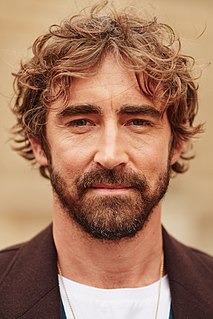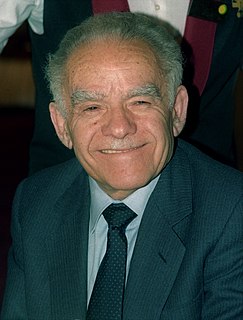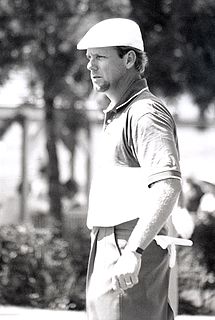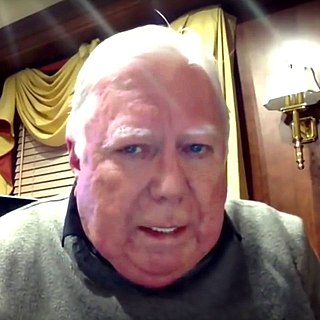A Quote by Edward Said
If you live in the [Middle East] area, you see [U.S actions] as part of a continuing drive for dominance, and with it a kind of obduracy, a stubborn opposition to the wishes and desires and aspirations of the people there.
Quote Topics
Related Quotes
So much of what we see and hear about the Middle East focuses on what we call politics, which is essentially ideology. But when it comes to the Middle East, and especially the Arab world, simply depicting people as human beings is the most political thing you can do. And that's why I chose to write about food: food is inherently political, but it's also an essential part of people's real lives. It's where the public and private spheres connect.
Freedom is on the march in this world. I believe everybody in the Middle East desires to live in freedom. I believe women in the Middle East want to live in a free society. I believe mothers and fathers want to raise their children in a free and peaceful world. I believe all these things, because freedom is not America's gift to the world, freedom is the almighty God's gift to each man and woman in this world.
The nations of the Middle East will have to decide what kind of future they want for themselves for their country and, frankly, for their families and for their children. It's a choice between two futures, and it is a choice America cannot make for you. A better future is only possible if your nations drive out the terrorists and drive out the extremists. Drive them out. Drive them out of your places of worship. Drive them out of your communities. Drive them out of your Holy Land. And drive them out of this earth.
I believe that the Iraqis have an opportunity now, without Saddam Hussein there, to build the first multiconfessional Arab democracy in the Middle East. And that will make for a different kind of Middle East. And these things take time. History has a long arc, not a short one. And there are going to be ups and downs, and it is going to take patience by the United States and by Iraq's neighbors to help the Iraqis to do that. But if they succeed, it'll transform the Middle East, and that's worth doing.
There's kind of a hidden point which isn't being brought out, and that is that it is inconceivable that the U.S. would permit democracy in the Middle East, and for a very simple reason. Just take a look at polls of Arab public opinion. They exist. You can't find them in the press, but they exist from prestigious polling agencies. Released by major institutions. And what they show is that if there was democracy in the Middle East, the entire U.S. program for domination of the Middle East would be down the tube.



